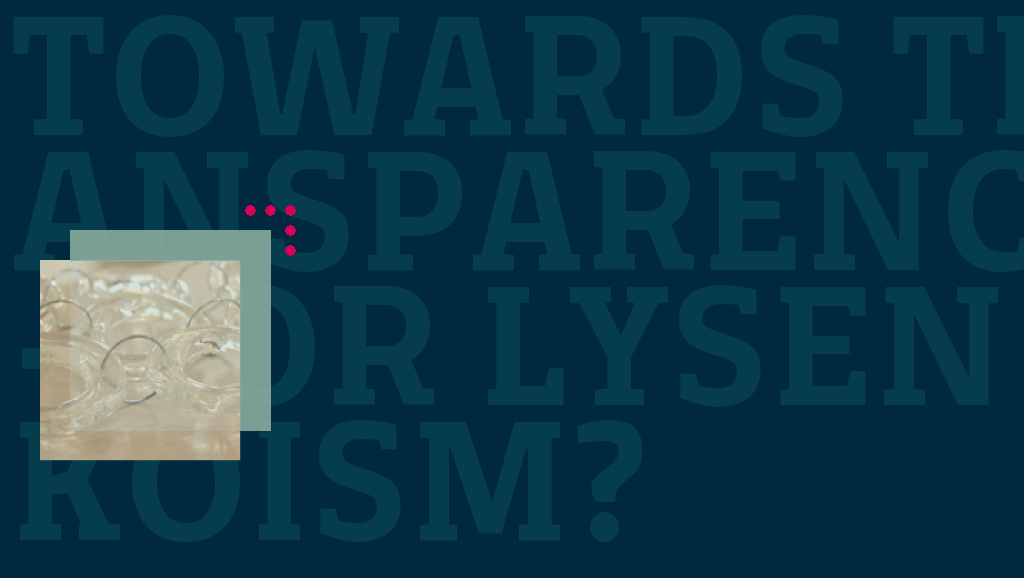Transparency and discussions of values would seem to be a cornerstone of responsibility in innovation. But to be effective, questions and processes of disclosure intended to foster transparency need to focus on those areas where conflicts of interest are meaningful. Today, this primarily means financial disclosure, and for those offering or implementing policy recommendations, perhaps some additional discussion of values and affiliations.
But for peer reviewed journal articles, recent requests for some disclosures recall other times and places in which it was possible to achieve (or forfeit) credibility for research work by displaying particular political, religious, or ideological affiliations. So it’s odd to see things moving back towards ideological tests for journal authors, as described in this editorial, Conscientious Objection, by BioCentury Publications.
It might be hyperbole to describe the new rules as Lysenkoism, McCarthyism, or any other -ism. But it’s hard not to wish that the International Committee of Medical Journal Editors (ICMJE) either offered better arguments or had a demonstrably better sense of history regarding its new Uniform Disclosure Form for Potential Conflicts of Interest.
The editors at BioCentury Publications note that “In the 1950s, during the McCarthy communist witch hunts, the U.S. Public Health Service revoked grants it had awarded Linus Pauling, the intellectual father of molecular biology, because of his opposition to demands that scientists disclose their political associations. Half a century later, the International Committee of Medical Journal Editors (ICMJE) has promulgated a new Uniform Disclosure Form for Potential Conflicts of Interest that should cause Pauling to turn over in his grave.”
For me to disclose that one of the authors (Steve Usdin) a friend, colleague, and noted Cold War historian, has a grounding in the worlds of publishing, politics, and science might be an appeal to authority akin to the logical fallacies underlying the new disclosure rules in question — but do read the piece, and if you have thoughts, please post them here.
Finally, if transparency and conflicts of interest are a priority for ICMJE, then perhaps the organization should be arguing for some disclosures about the economics of medical journal publishing. How much are journal publishers making from reprints sold to pharmaceutical companies for use in marketing campaigns? Why is it a public good for publicly funded research to be locked behind the pay walls of companies with undisclosed profit margins rumored to be as high as 70 percent? How much money are publishers spending to influence Congress to override the open access mandates? Those sorts of disclosures would do a lot more to ensure the integrity of science than demands that researchers disclose personal beliefs.
(photo by Tamurello from Flickr)
















